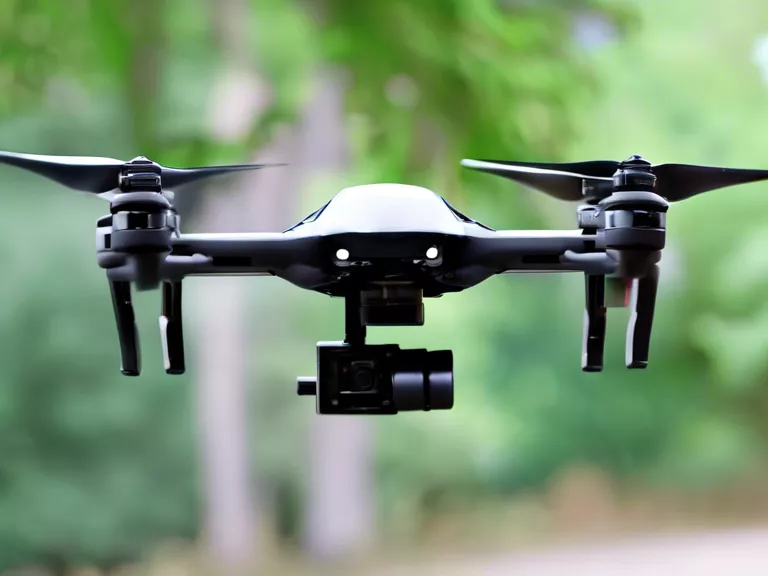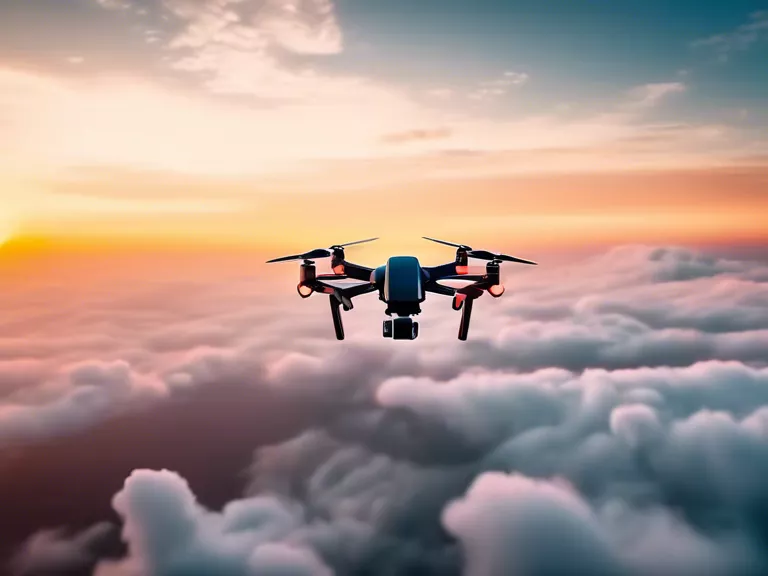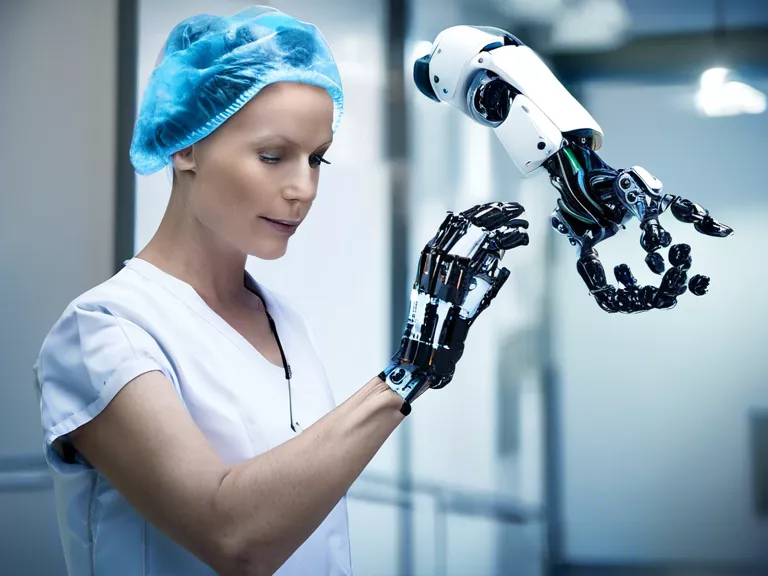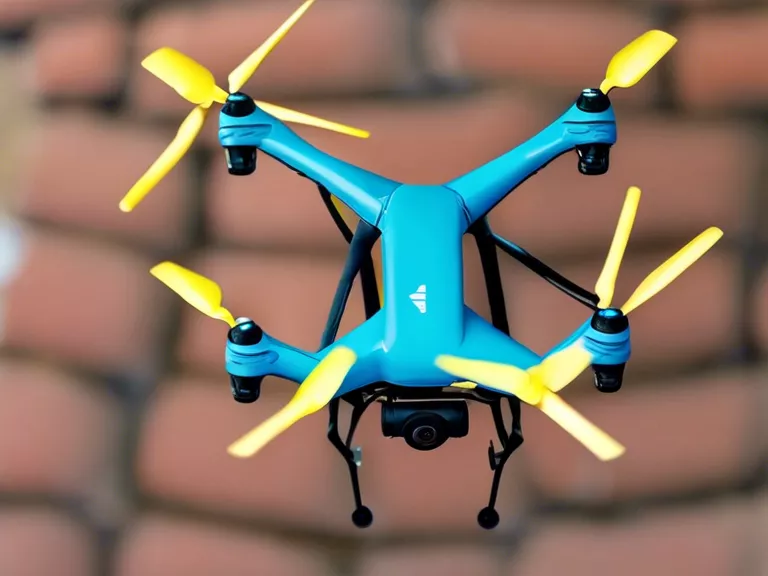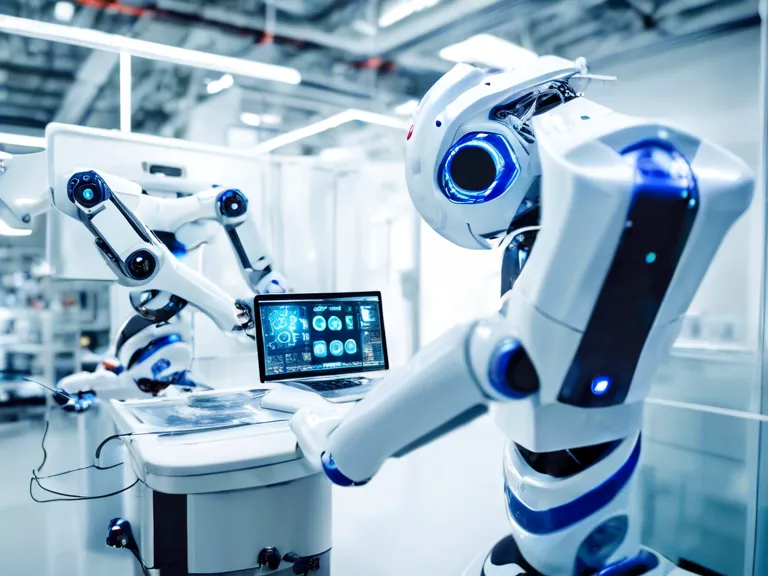
Robotic automation is revolutionizing industries across the board, from manufacturing to healthcare. The adoption of robots and artificial intelligence technologies is streamlining processes, increasing efficiency, and improving the quality of products and services. Let's delve into how this transformative technology is reshaping various sectors.
In the manufacturing industry, robotic automation has significantly enhanced productivity and precision. Robots are capable of performing repetitive and dangerous tasks with speed and accuracy, reducing the margin of error and increasing output. This has led to a higher level of consistency in product quality, resulting in better customer satisfaction. Furthermore, automation has enabled manufacturers to respond quickly to changing market demands and optimize their production lines for maximum efficiency.
In the healthcare sector, robots are being used for a wide range of applications, from performing surgeries to dispensing medication. Surgical robots, for example, allow for minimally invasive procedures with higher precision, reducing patient recovery time and improving outcomes. Automated medication dispensing systems ensure that patients receive the right medication at the right time, reducing the risk of human error. Additionally, robots are being used for patient care and rehabilitation, providing physical assistance and emotional support to individuals in need.
The retail industry is also not untouched by the benefits of robotic automation. Retailers are employing robots for inventory management, restocking shelves, and even assisting customers in-store. These robots can work around the clock, ensuring that products are always available for consumers and helping retailers streamline their operations. In the e-commerce sector, robots are playing a crucial role in warehousing and fulfillment, speeding up order processing and delivery times.
In the transportation and logistics industry, autonomous vehicles and drones are transforming the way goods are transported. Self-driving trucks and drones are being used for delivery services, reducing human intervention and increasing efficiency. These technologies are not only saving time and money but also reducing carbon emissions and congestion on roads.
Overall, robotic automation is reshaping industries by improving efficiency, precision, and safety across various sectors. The adoption of robots and AI technologies is leading to increased production, better quality products and services, and enhanced customer experiences. As technology continues to advance, we can expect to see even more transformative changes in the way industries operate.
